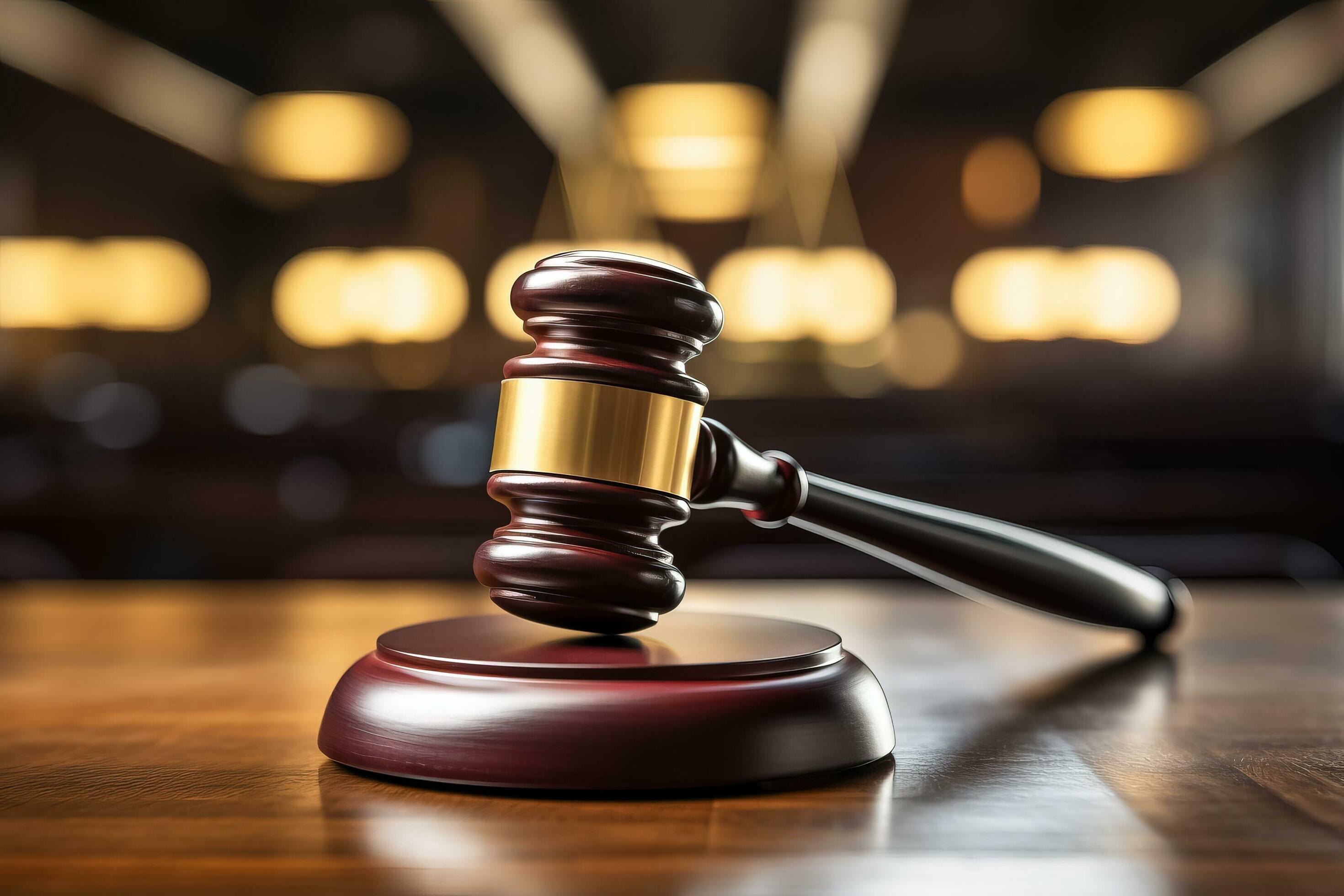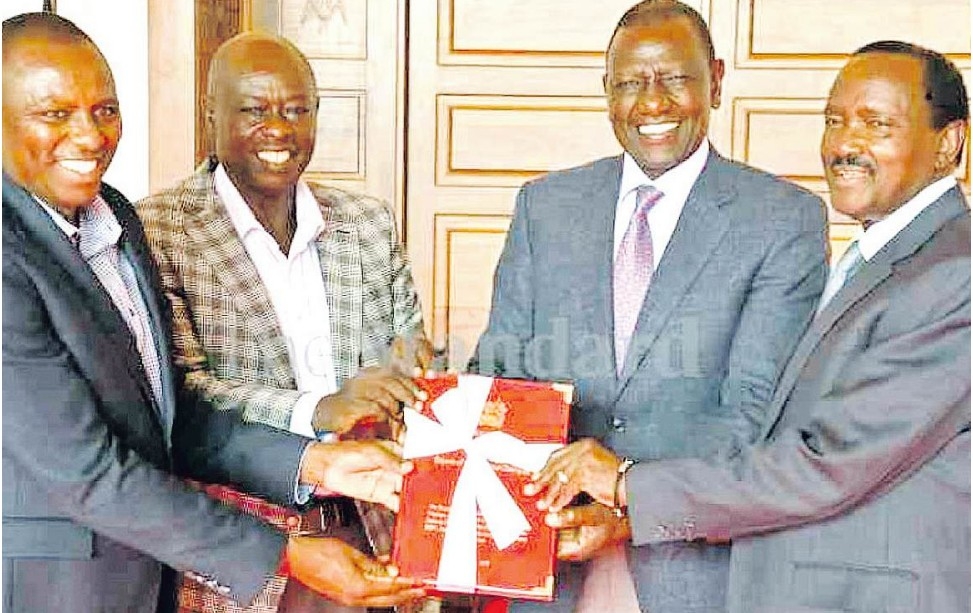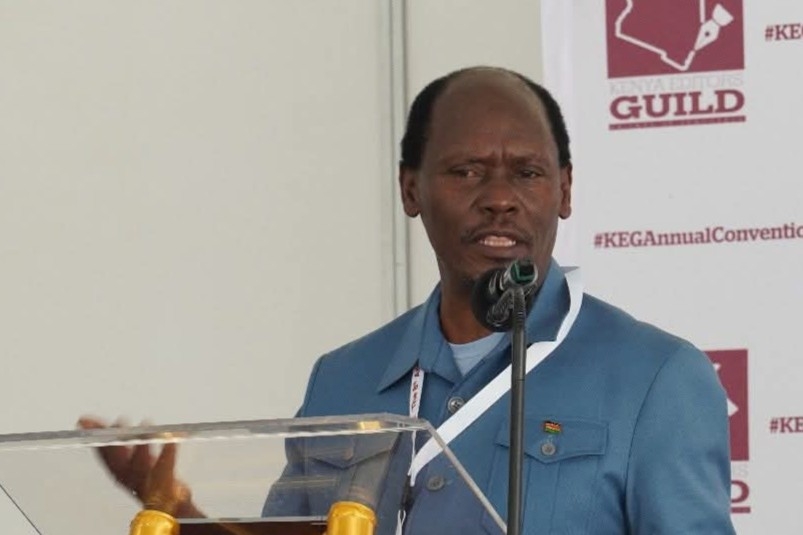
 Court gavel./FILE
Court gavel./FILE
The Court of Appeal has delivered a
landmark decision affirming Belgo Holdings Limited as the lawful owner of two
prime parcels of land in Nairobi, bringing to a close a protracted land battle
with the Kenya Urban Roads Authority (KURA) and the Ministry of Roads.
At the heart of the case was a
44-acre property on Peponi Road, which the government claimed it had acquired
nearly five decades ago - but without completing the necessary legal steps.
In a ruling delivered on May 9,
2025, Appellate Judges Daniel Musinga, Francis Tuiyott, and George Odunga
dismissed the appeal by KURA and the Ministry, upholding a 2020 decision by the
Environment and Land Court (ELC) that had found the two state agencies guilty
of trespass and awarded Belgo Holdings Sh22 million in damages.
A decades-old dispute
The origins of the case stretch back
to March 1975, when the Commissioner of Lands issued Gazette Notices declaring
the government’s intention to acquire parts of land parcels LR No. 3859 and LR
No. 3860 for road construction.
However, no proper follow-up was
made—no beacons were placed, no survey was conducted, and crucially, no evidence
of payment was presented.
Belgo Holdings, represented by its
director and key witness Akber Ismail, testified that the company bought the
land in 1995 for Sh20 million.
At the time, there was no indication
in the land registry or title documents of any government claim or prior
acquisition.
“We relied entirely on the state of
the register and title deeds,” Ismail said. “There was no indication that the
land had been acquired or was reserved for road construction.”
The court heard that Belgo Holdings has consistently paid land rates and taxes to the Nairobi City Council since taking ownership, with receipts and title documents produced as evidence.
A shock discovery
The dispute escalated in August
2011, when Ismail discovered earthmovers on the property during a routine drive
along Peponi Road.
“There were bulldozers digging and
dumping soil,” he said. “It appeared they were laying a foundation for a road.”
Upon inquiry, Ismail learned the
machinery belonged to the government. Despite protests, construction went on
for weeks.
“They were laying down a road—on
private land,” he testified.
It was not the first time Belgo had
to defend its ownership.
In 2004, the company had already
evicted squatters with court orders and reclaimed possession in 2007.
By the time of the 2011 incident,
the company had secured new grants and titles through an official government
process that included a registration under the Registration of Titles Act.
Government’s defence
In response, the Ministry of Roads
and KURA argued that the land was legally acquired in 1975 and payment of Sh214,000
was made to Jays Syndicate, the original owner, and Standard Bank, which had
held the land as security.
KURA relied on a letter dated August
6, 1976, from the Commissioner of Lands instructing that payment be made.
However, the trial court found the
evidence insufficient, noting that no actual payment receipts or
acknowledgements from Jays or Standard Bank were produced.
“There is no definitive proof that
the acquisition was completed,” the court stated.
KURA's key witness, Abdulkadir
Ibrahim Jatani, admitted under cross-examination that he was not working at the
authority at the time and could not confirm if the procedures under the Land
Acquisition Act were followed.
Court’s verdict
The appellate court upheld the ELC's
finding that the government had not completed the acquisition process as
prescribed by law.
It ruled that Belgo Holdings was a
bona fide purchaser who had acquired valid and indefeasible titles.
“No evidence was shown that payment
was made or that the required notices under the Land Acquisition Act were
served,” read part of the judgment. “The failure to follow due process meant
the acquisition was incomplete.”
The court also reaffirmed that Belgo Holdings had obtained its title through proper legal channels and was entitled to constitutional protection under Article 40, which safeguards private property rights.
Damages and injunctions
The ELC had awarded Sh2 million as
general damages for trespass and Sh20 million as exemplary damages.
It also issued a permanent
injunction restraining KURA and the Ministry of Roads from entering the land
and ordered them to vacate the portion they had occupied.
KURA contested this in its appeal,
arguing that the land had already been developed into a tarmacked road and that
an injunction was untenable.
But the appellate judges were not
persuaded, noting that public development could not override private property
rights without proper compensation and legal compliance.
“The appellants admitted they moved
onto the land and constructed a road without consent,” the judges said. “That
action amounted to trespass.”
Legal precedents
Belgo Holdings had earlier won two
separate court cases affirming its ownership: High Court Civil Case No. 266 of
2005 and Petition No. 21 of 2016.
The government argued these rulings should not bind it, as it was not a party in those cases. However, the trial court had ruled that the judgments were in rem—binding on all parties, not just those who were directly involved.
While the Court of Appeal
acknowledged that in rem judgments from courts of equal jurisdiction are
not strictly binding, it concluded that the government’s claims did not
override the evidence of lawful ownership and failure to complete the
acquisition.
Final word
In reaffirming the ELC's verdict,
the Court of Appeal stated:
“We find no reason to disturb the
trial court’s findings. The respondent has demonstrated legal ownership, and
the government failed to prove that proper acquisition procedures were
followed. The appeal is dismissed with costs.”
This ruling not only confirms Belgo
Holdings’ ownership but also sends a strong message on the importance of
following due legal process in compulsory acquisitions.







![[PHOTOS] Ruto present as NIS boss Noordin Haji's son weds](/_next/image?url=https%3A%2F%2Fcdn.radioafrica.digital%2Fimage%2F2025%2F11%2Ff8833a6a-7b6b-4e15-b378-8624f16917f0.jpg&w=3840&q=100)










